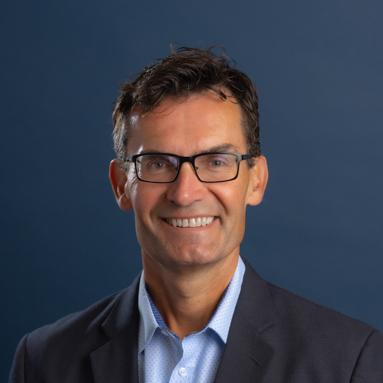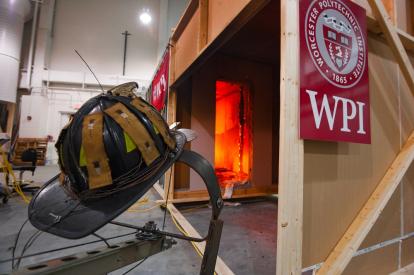

Practicing fire protection engineers are trained to recognize and assess a broad range of complex fire and life safety issues. They are called upon to bring forth technical knowledge and the skills necessary to develop effective solutions. Through my academic and professional practice I bring practical perspectives to our students’ educational experience. My teaching and research incorporates circumstances that practicing fire protection engineers face on a routine basis facilitating my student’s functional understanding of fire behavior, and the role safety systems, regulations and product standards play. My students are equipped to bring immediate value to their employers, customers, and clients whether it be by creating solutions to specific concerns; developing novel products, services, or design approaches; or by influencing regulatory policy. My interests lie in fire hazard analysis, occupant safety, and the design, evaluation and performance of safety systems.

Practicing fire protection engineers are trained to recognize and assess a broad range of complex fire and life safety issues. They are called upon to bring forth technical knowledge and the skills necessary to develop effective solutions. Through my academic and professional practice I bring practical perspectives to our students’ educational experience. My teaching and research incorporates circumstances that practicing fire protection engineers face on a routine basis facilitating my student’s functional understanding of fire behavior, and the role safety systems, regulations and product standards play. My students are equipped to bring immediate value to their employers, customers, and clients whether it be by creating solutions to specific concerns; developing novel products, services, or design approaches; or by influencing regulatory policy. My interests lie in fire hazard analysis, occupant safety, and the design, evaluation and performance of safety systems.
Scholarly Work
"Inspection, Testing and Maintenance of Fire Safety Systems in Oil Refineries" Conference Proceedings - 5th SFPE Saudi Arabian Chapter Conference, Dammam, Saudi Arabia, September 2014
"Deciding on Fire Protection Systems: What Factors Come into Play?" Consulting Specifying Engineer, May 2013
"New Approaches for Designing Fire Pump Installations", Consulting Specifying Engineer, December 2012
"Evaluating Occupant Load Factors For Business Operations" (with T. Muha, B. Merrifield, T. Thackeray and T. Wood), Fire Protection Research Foundation, Quincy, MA, April 2012.
"Safety in Tall Buildings", NFPA Journal, March/April 2007
"The Application of Performance-Based Design Concepts for Fire and Life Safety", Supplement 7, Life Safety Code Handbook, 10th edition, NFPA, 2006
Society of Fire Protection Engineers (SFPE)
National Fire Protection Association
Underwriter’s Laboratories, LLC
National Fire Protection Association
National Fire Protection Association
